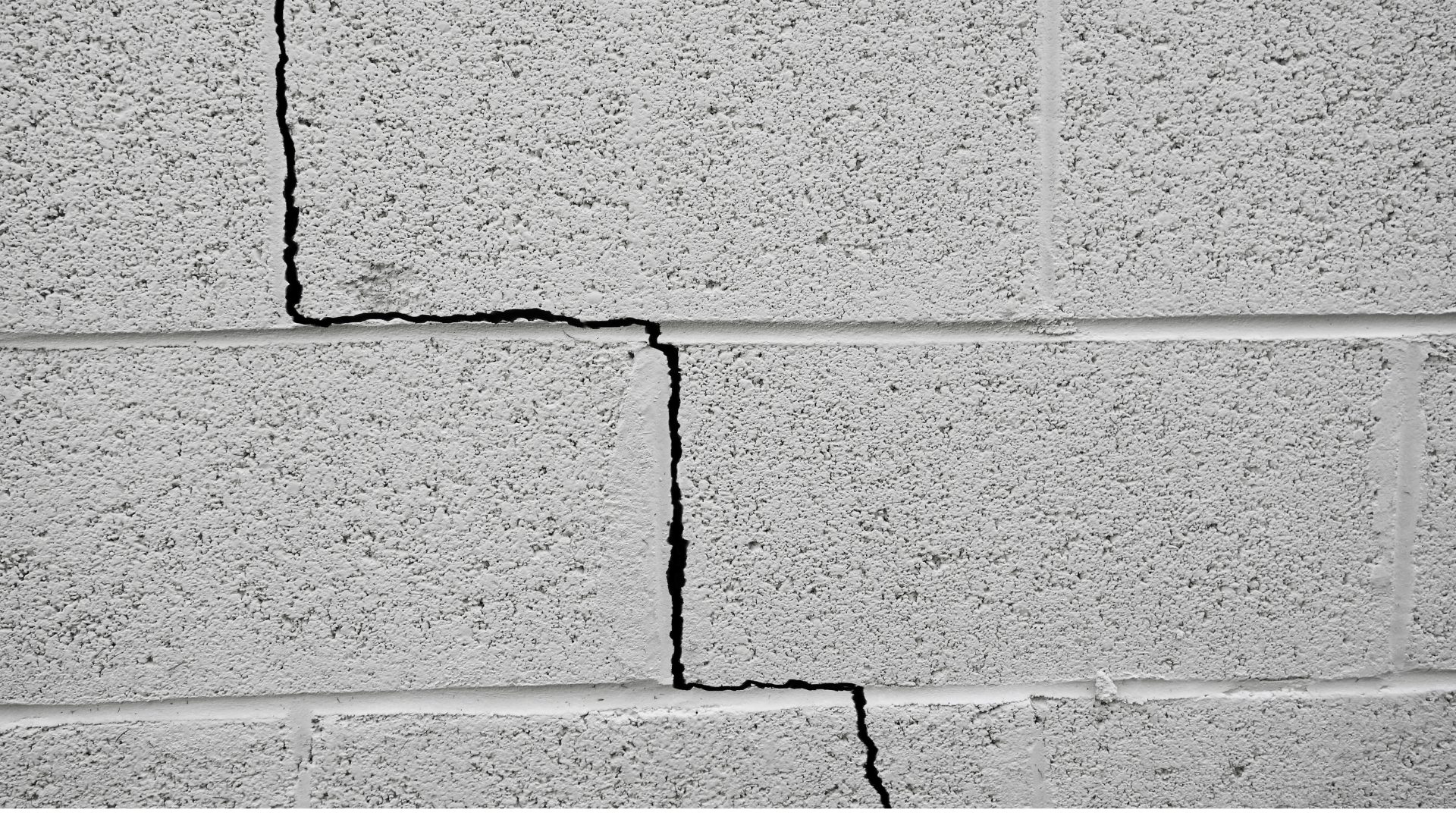Development of low-carbon, self-healing building materials for increased climate resilience

Graduate Student Scholarship - 2024
Description
In the context of reducing CO₂ emissions, this project aims to develop alkali-activated binders (AABs) as a sustainable alternative to Portland cement. Manufactured from industrial by-products (fly ash, blast furnace slag, silica fume), these materials have a reduced carbon footprint, high durability, and mechanical properties comparable to traditional cements.
Objectives
- Explore the self-healing capacity of AABs after exposure to fires.
- Integrate self-healing agents (mineral additives, fibers, nanomaterials) to restore their integrity without human intervention.
- Testing the thermal resistance of materials (200°C to 800°C) and analyzing healing mechanisms using advanced technologies (3D microtomography, electron microscopy).
Towards more resilient and sustainable construction
This project helps extend the lifespan of infrastructure, reduce the exploitation of natural resources, and promote a circular economy in the building sector. By integrating these innovative solutions, it responds to climate challenges and is fully in line with the AdapT Institute’s mission for sustainable and effective adaptation of the built environment.
Don’t just coexist with climate change.
